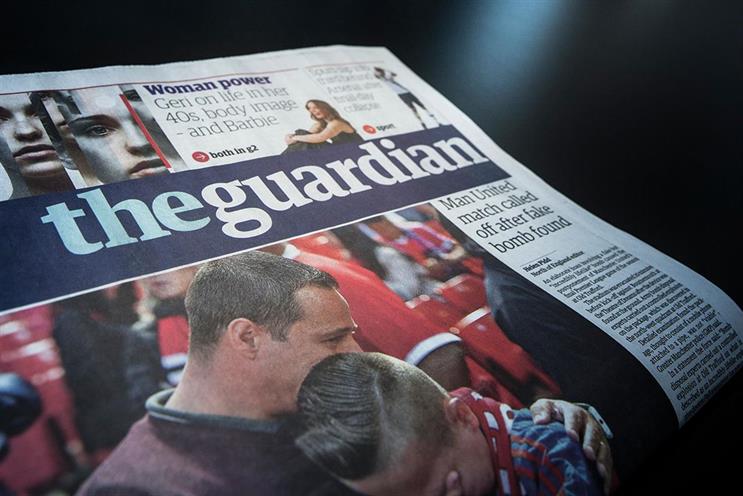
In its defence filing to the high court, Rubicon Project said it "denies all" of The Guardian’s claims. It also reveals that it has hired Lord Falconer, a former lord chancellor in Tony Blair’s government, as its barrister.
The Guardian launched its claim for "breach of contract" and "deceit" in March, alleging that Rubicon Project charged "undisclosed" buyer fees that could have been worth $1.5m between 2010 and 2016 – in addition to the 10% fee the tech company received for selling the newspaper’s digital inventory.
Rubicon Project said it did receive buyer fees but maintained it was "entitled to do so" because they were for its real-time bidding service, which was not part of its contract with the paper.
In its counter-claim, Rubicon Project said that The Guardian breached its contract by letting other intermediaries sell some of its inventory.
There is no word on when a trial might take place.
These are some of the key points from the court papers:
Guardian News & Media’s claim against The Rubicon Project
GNM’s filing to the court, made in March 2017, makes claims for "breach of fiduciary duty", "breach of written contract" and "deceit and misrepresentation" against Rubicon Project over the "retention of secret commissions from fees paid by [ad] buyers".
GNM is seeking an unspecified amount of money that it believes it is owed, plus damages and costs. It has told the court it "expects to recover more than £100,000".
GNM’s particulars of claim, a 19-page document, explains how the publisher managed its own ad sales until the end of 2009, when it did a deal with Rubicon Project to "manage and optimise" The Guardian’s "non-guaranteed" online ad inventory.
While Rubicon Project was entitled to 10% of any revenues it generated for GNM, the newspaper group claims that:
-
Rubicon Project retained "substantial" additional sums of money from ad buyers that GNM was "entitled to".
-
Rubicon Project "did not disclose or inform" GNM of these additional sums.
-
Rubicon Project "provided misleading and inaccurate monthly reports" to GNM about the total money it had received.
-
Rubicon Project "did not inform" ad buyers that it would "retain substantial sums from the amounts that those buyers paid".
GNM’s filing goes on to say: "As a result of the defendant’s deliberate concealment of its practice of retaining those secret commissions, the claimant is unable to quantify the precise amount of money that the defendant wrongly withheld."
The Rubicon Project’s defence and counter-claim against Guardian News & Media
Rubicon Project’s filing to the court, made in May 2017, rejects all the claims made by GNM, stating: "The defendant denies all liability to the claimant."
The 36-page defence and counter-claim says that:
-
Rubicon Project "did charge certain purchasers" of GNM’s ad inventory "a buyer fee in addition to the service charges which it charged the claimant [GNM]".
-
Rubicon Project was "entitled" to charge the fees and GNM was "aware" and "consented" to the practice.
-
Rubicon Project’s charging of buyer fees "was not a breach" of its contract with GNM as virtually all of the fees related to its real-time bidding (RTB) service.
Rubicon Project says it has "not defrauded" GNM or done "anything surreptitious, concealed or otherwise dishonest".
The defence filing claims that GNM knew about "the existence of buyer fees" and quotes from several emails between staff of the two companies in 2011 and 2012 when a "tech fee" was mentioned.
One Guardian executive emailed a Rubicon Project employee in 2011: "Remind me – the bids we can see are the actual CPMs being bid (gross of their tech fee) correct?"
Rubicon Project adds that "the charging of some form of buyer fee" has been "common market practice amongst providers of online advertising bidding services".
Rubicon Project’s counter-claim is linked to a change in the contract between the two companies that came into force in 2016.
Rubicon Project claims it has "suffered loss and damage" because GNM "allocated at least some of its non-guaranteed advertising inventory to systems operated by entities other than the defendant, including (to the best of the defendant’s present information and belief) Google Inc or an affiliate thereof".
A spokesman for The Guardian said it would not comment on Rubicon Project's counter-claim.
Observers are closely watching the legal action because it is likely to shine a spotlight on the digital media supply chain across the ad industry.




.jpg)
.jpeg)
